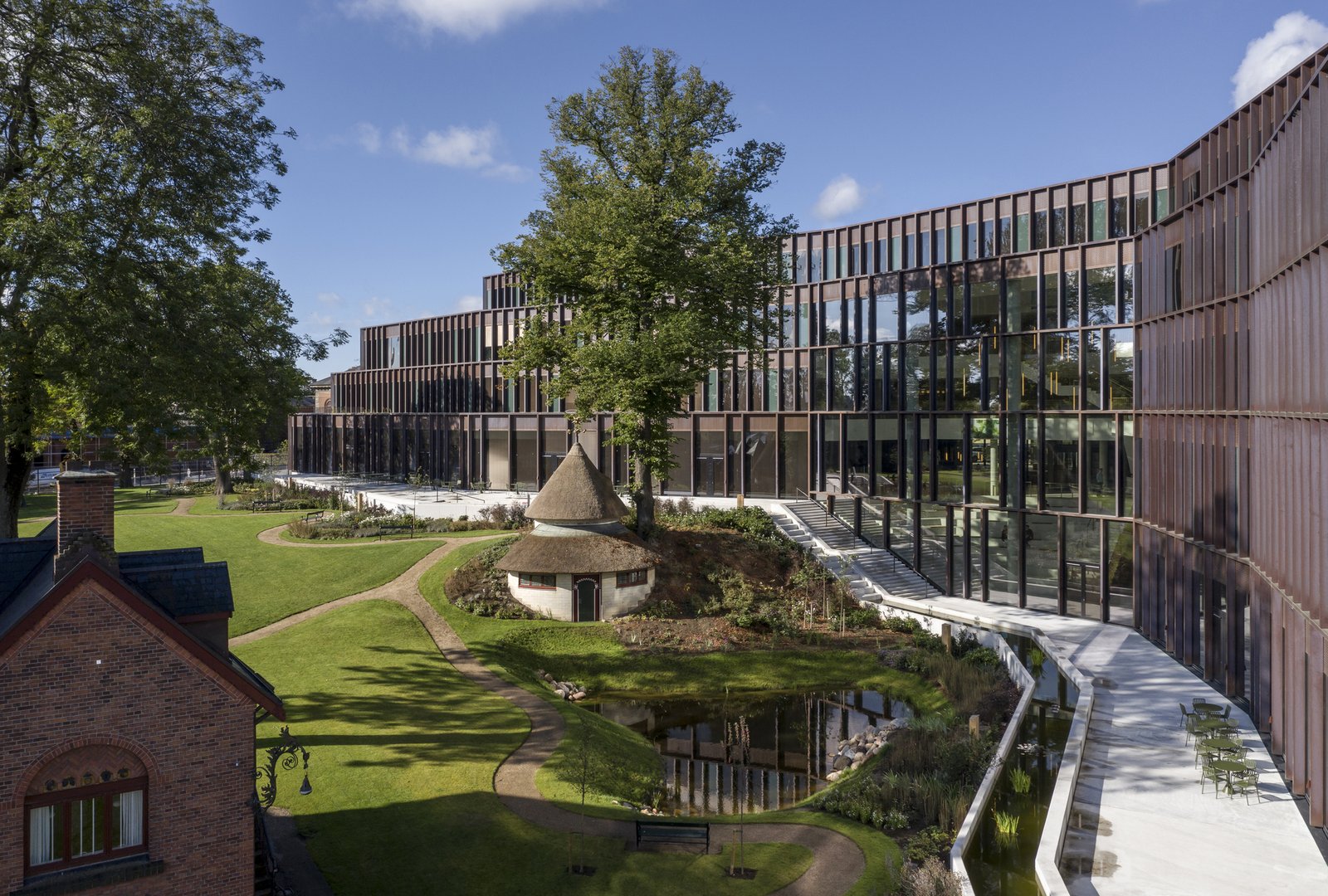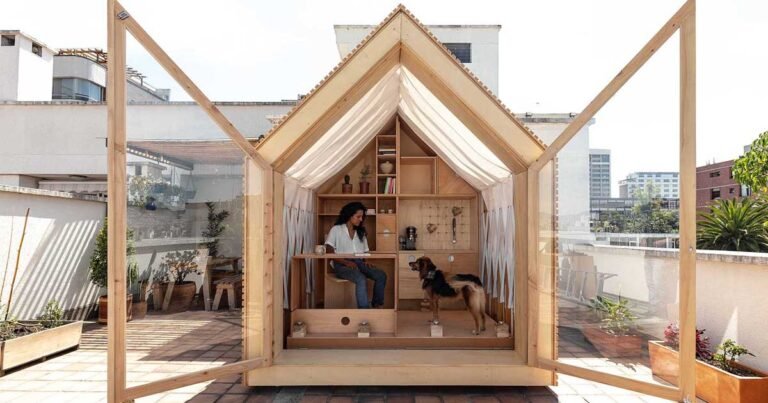Carlsberg Group Central Office / C.F. Møller Architects
Carlsberg Group Central Office / C.F. Møller Architects


Text description provided by the architects. The new central office of the Carlsberg Group sets the framework for a modern and dynamic workplace, with a building that supports identity, knowledge sharing, and innovation and stands in harmony with its surroundings.


Carlsberg’s central office is in Carlsberg’s historic Carlsberg City District. The building consists of three wings, which unite in an atrium, the building’s central space. One of the wings forms a bridge over one of the neighbourhood’s main access roads, creating a modern gateway similar to the famous classical ones that characterize the Carlsberg City. The other two wings embrace Carl Jacobsen’s historic garden and villa.



The atrium opens onto Carl Jacobsen’s Garden overlooking Carlsberg City, where the long history of Carlsberg as a brewery business began and is still unfolding. The atrium connects all floors of the building, surrounded by communal areas and joining all the office sections, both vertically and horizontally, into one single working community, reinforcing collaboration and sharing across the organisation.

This welcoming space appears open and inviting to both visitors and passers-by, with a great view to the garden from the inside and into the building from the outside. A large staircase with steps furnished with seating pads invites sitting down for short breaks, informal meetings and social interaction between staff and guests.



The façades consist of large glass sections that are rhythmically divided by vertical copper-plated slats. The copper leads the mind back to the old brewery tanks and refers to the many beautiful copper details on the historic buildings of the Carlsberg City District.


By shaping the building in a faceted and angled way, the employees are given multiple workplace opportunities with varied views and spatial contexts. Several “touch-down” temporary workstations are placed in the building.


The building is adapted to the historical surroundings and the scale of the site, by tapering the height down towards the smaller surrounding houses and Carl Jacobsen’s Villa, and by designing the façade with recesses.

A new water feature serves as a natural and recreational separation of the office’s close-by private areas and the listed garden. This transforms the garden into a public recreational space in the Carlsberg City District and brings Carlsberg into a new era, with a higher degree of openness towards the public, where climate adaptation and accessibility are intertwined with the cultural heritage of the place.


The building is a low-energy, sustainable construction with an emphasis on good indoor climate, featuring durable natural materials such as recycled copper and bamboo, solar cells, water-saving fixtures, and heat recovery ventilation.







